This article is Part 3 of a six-part series adaptation from the book SPLASH! 10,000 Years of Swimming, written by Howard Means and published by Hachette Books.
As swimming reemerged in Great Britain and Europe, a debate raged over how best to do it. An Italian author advocated “vertical swimming” as the most natural method, since humans walked vertically. Explorers brought back wonderful accounts of the overarm crawl stroke used by native Africans and indigenous Americans. But by the 1830s, everyone in the “civilized world” seemed to have settled on breaststroke as the most aesthetically pleasing way to swim and the one most likely to keep mouths well above often polluted waterways. By the 1850s, swimming professors and pools were spreading like algae all over London, along with purse races, some involving handicapped starts and often with heavy side betting. Twenty years later, a British naval captain walked shore in Calais, France, and became the most famous man in the world.
Breaststroke anyone? Harnessed in a German machine from the later 1800s, a boy looks particularly frog-like as he gets ready to strike out with arms and legs. Victorian gentleman perfected their strokes by studying frogs tethered to a wash basin or tub.
Roping students to teach swimming was common in London by the mid-19th century, but Captain Stevens — the leaning roper here — might have been singular in his claims to success. According to his advertisements, he taught 60,000 people to swim over a 16-year span.
The 4,000-yard-long Serpentine in Hyde Park: venue for some of London’s most notable purse swim-races, including the first known “back-swimming” race, in 1866. One reporter wrote that it was likely to be the last race for back-swimming as well.
For the Romans, the English Channel was the “horribilem salum,” the terrible swell. In August 1875, Capt. Matthew Webb became the first person known to swim it. By the time this photo time was taken, he was the most famous man in the world. Happiness did not follow.
Gertrude Ederle was the first person of either sex to swim the English Channel using the crawl stroke and the first woman to ever successfully cross it. Her 1926 Channel swim shaved almost two hours off the previous record. When Ederle returned to her native New York City, she was greeted with a ticker-tape parade that brought two-million spectators out onto the streets of the Financial District.
The first purse race recorded in the London Times, in 1791, involved a bet of 8 guineas (about $1,225 in current dollars) and was especially notable because the winner immediately drank himself to death with his earnings. One hundred thirty-six years later, chewing-gum magnate William Wrigley, Jr., at left above, put up what is almost certainly the largest purse in swimming history. In current dollars, winning Wrigley’s 1927 “ocean marathon” from the California mainland to Santa Catalina Island was worth about $360,000.
More From This Series
Adapted from SPLASH! 10,000 Years of Swimming,
By Howard Means,
Published by Hachette Books
Buy Now: https://bit.ly/ReadSplash.
About The Book
Choose a stroke and get paddling through the human history of swimming!
From man’s first recorded dip into what’s now the driest spot on earth to the splashing, sparkling pool party in your backyard, humans have been getting wet for 10,000 years. And for most of modern history, swimming has caused a ripple that touches us all–the heroes and the ordinary folk; the real and the mythic.
Splash! dives into Egypt, winds through ancient Greece and Rome, flows mostly underground through the Dark and Middle Ages (at least in Europe), and then reemerges in the wake of the Renaissance before taking its final lap at today’s Olympic games. Along the way, it kicks away the idea that swimming is just about moving through water, about speed or great feats of aquatic endurance, and shows you how much more it can be. Its history offers a multi-tiered tour through religion, fashion, architecture, sanitation and public health, colonialism, segregation and integration, sexism, sexiness, guts, glory, and much, much more.
Unique and compelling, Splash! sweeps across the whole of humankind’s swimming history–and just like jumping into a pool on a hot summer’s day, it has fun along the way.
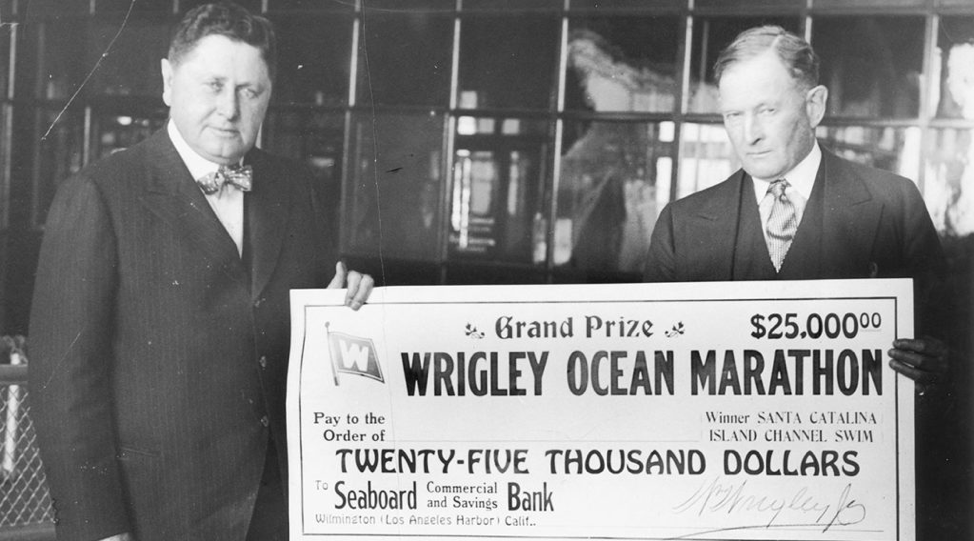
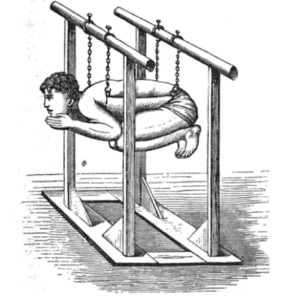
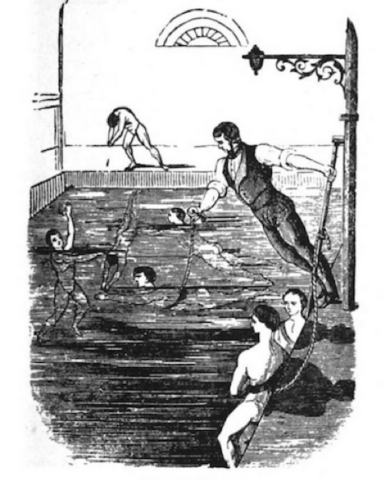
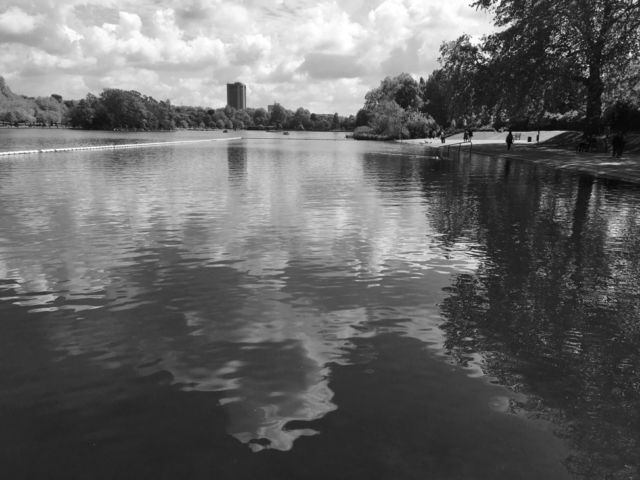
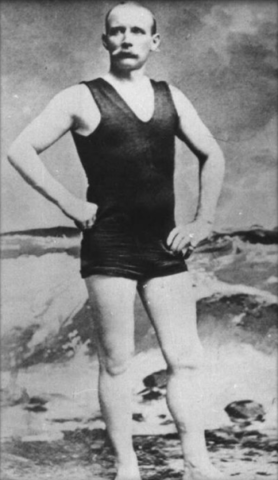
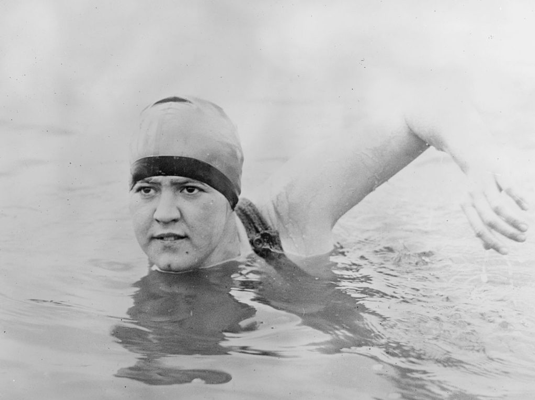
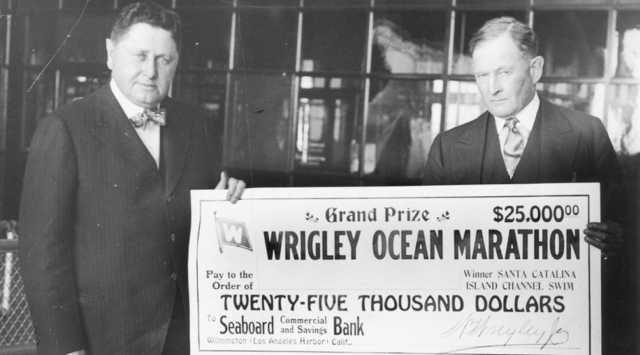
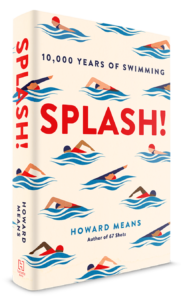

Lovely Book. I have at my bed.